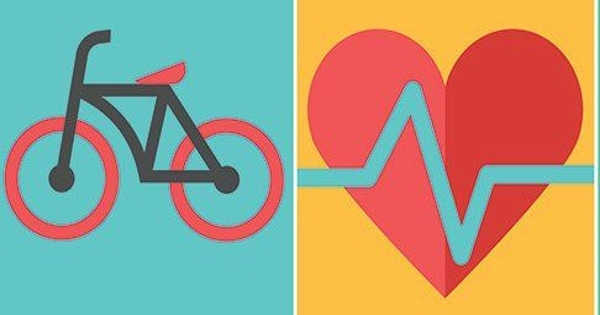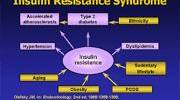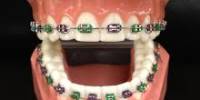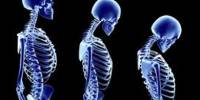Depression is fairly common. Anyone can be affected, leaving them with feelings of hopelessness, low energy, emptiness, and constant fatigue. Treating depression and this condition can take the joy out of life for those with coronary heart disease, a type of heart disease that develops when the arteries of the heart cannot deliver enough oxygen-rich blood to the heart. Depression is common in patients with coronary heart disease (CHD) and has been linked to an increase in cardiovascular morbidity and mortality.
According to an RCSI study, exercise is likely the most effective short-term treatment for depression in people with coronary heart disease, when compared to antidepressants, psychotherapy, or more complex care. The study, led by RCSI University of Medicine and Health Sciences researchers, was published in the June issue of Psychosomatic Medicine.
This is the first systematic review to compare depression treatments in patients with coronary artery disease, and the findings provide valuable clinical information to help doctors determine the best treatment plan for patients.
The researchers looked at antidepressants, psychotherapy, exercise, combined psychotherapy and antidepressants, and collaborative care treatment trials (i.e. treatments devised by a multidisciplinary team of clinicians with input from the patient).
A study indicates that exercise is probably the most effective short-term treatment for depression in people with coronary heart disease when compared to antidepressants and psychotherapy or more complex care.
The researchers examined factors such as patient adherence to treatment (dropout rate) and change in depressive symptoms eight weeks after starting treatment to determine effectiveness.
Exercise and combination treatments were found to have the most powerful treatment effects (antidepressants and psychotherapy). However, because the combined study results are prone to bias, the review’s findings suggest that exercise is most likely the most effective treatment. Antidepressants received the most research support, while psychotherapy and collaborative care performed poorly.
“Depression is common among patients suffering from coronary artery disease. Both conditions can have a significant impact on patients’ quality of life, so it is critical that they have access to the most effective treatments “Dr. Frank Doyle, Senior Lecturer Division of Population Health Sciences at RCSI and the study’s first author, commented.
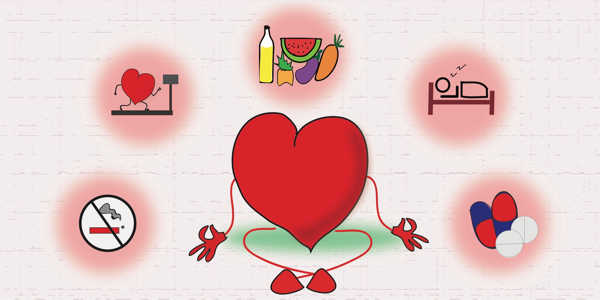
“According to our findings, exercise is likely to be the most effective treatment for depression following coronary artery disease. Our findings highlight the clinical importance of exercise as a treatment by demonstrating that it improves not only depression but also other important aspects of heart disease in these patients, such as blood pressure and cholesterol.”
“In comparison to other treatments, we continue to see emerging evidence of the importance of lifestyle in disease treatment, but more high-quality research is required. People with coronary heart disease who experience symptoms of depression should speak with their doctor about the treatments that are best suited to their individual needs, and clinicians can be confident in recommending exercise to their patients.”
The study was carried out by Dr. Frank Doyle and the study’s senior authors, Prof. Jan Sorensen (Health Outcomes Research Centre, RCSI) and Prof. Martin Dempster (School of Psychology, Queen’s University Belfast), in collaboration with researchers from the United States, the Netherlands, the United Kingdom, and Denmark.
Doyle added that, while researchers are seeing more evidence of the importance of lifestyle in disease treatment, more high-quality research is needed. “People with coronary heart disease who have symptoms of depression should talk to their doctor about treatments that are best for their individual needs, and clinicians can be confident in recommending exercise to their patients,” he said in a press release.
This was also the first study of its kind to establish a new method for conducting systematic reviews known as a hybrid review, which is a hybrid of umbrella reviews and systematic reviews.
Exercise and combination treatments were found to have the most powerful treatment effects (antidepressants and psychotherapy). However, because the combined study results are prone to bias, the review’s findings suggest that exercise is most likely the most effective treatment. Antidepressants received the most research support, while psychotherapy and collaborative care performed poorly.
